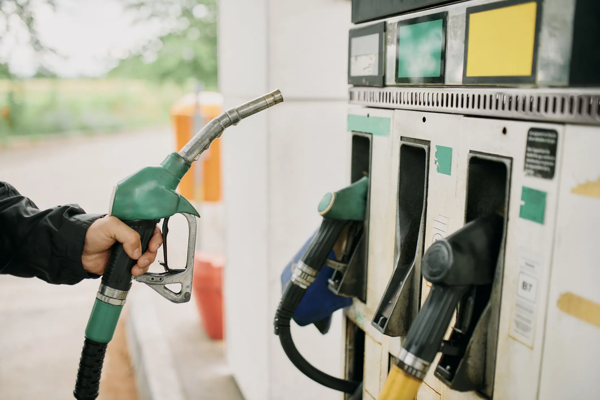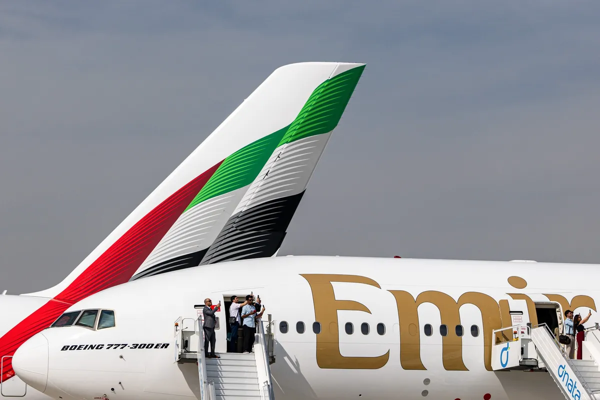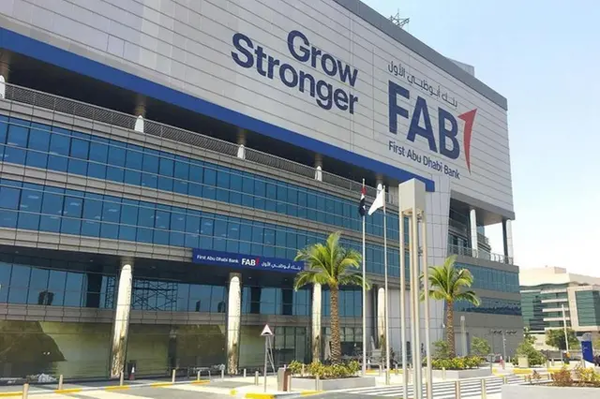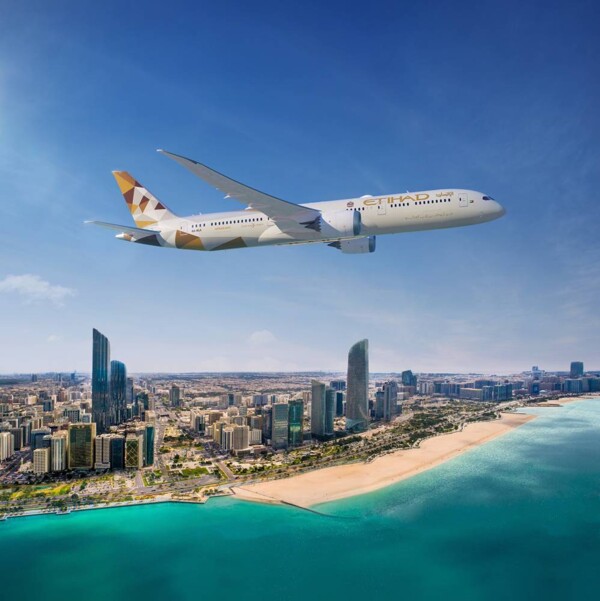
Roberta Djati, senior economist of the Bank of International Settlements for the countries of the Middle East and North Africa, expressed confidence in the further growth of the economy of the United Arab Emirates in 2024 and 2025. During the ceremony announcing the collaboration between the Bank of International Settlements and the International Academy Abu-Dhabi to enhance financial literacy, economic knowledge, and sustainable development in the region, Djati noted that the UAE continues its role as a regional center for trade, business, and tourism, leveraging its progress in economic diversification and reducing dependence on oil.
According to her, it is expected that the volume of the UAE's gross domestic product will grow by 3.4% in 2024, while continuing to secure surpluses in both financial and cash budgets in the medium-term perspective. It is expected that the average growth in the region of the Middle East and North Africa will be around 2.2% in 2024, which represents a moderate increase compared to 1.8%, secured in the previous year, but below the pre-pandemic benchmark of the average indicator before the COVID-19 pandemic.
Djati noted that the growth of demand levels in the Middle East is associated with the economies of the countries of the Persian Gulf Cooperation Council, expecting that in 2024, they will grow by 1.9%, compared to 0.5% in 2023, thanks to the expansion of the oil and gas sector, mainly in the economies of the Gulf Cooperation Council countries.
Djati predicts that the growth rate in the countries of the Gulf Cooperation Council will accelerate to 4.2% in 2025, as well as in developing countries exporting oil, to 3.3% in 2025. At the same time, improvement in growth rates is expected in the developing countries that import oil, to 3.5% in the same year.
The expert highlighted the importance of women's becoming an important part of the economic process, which contributes to the development of the region’s economy of the Middle East and North Africa, noting that eliminating gender inequality in the labor sphere can increase GDP per capita in the region by 51%.














